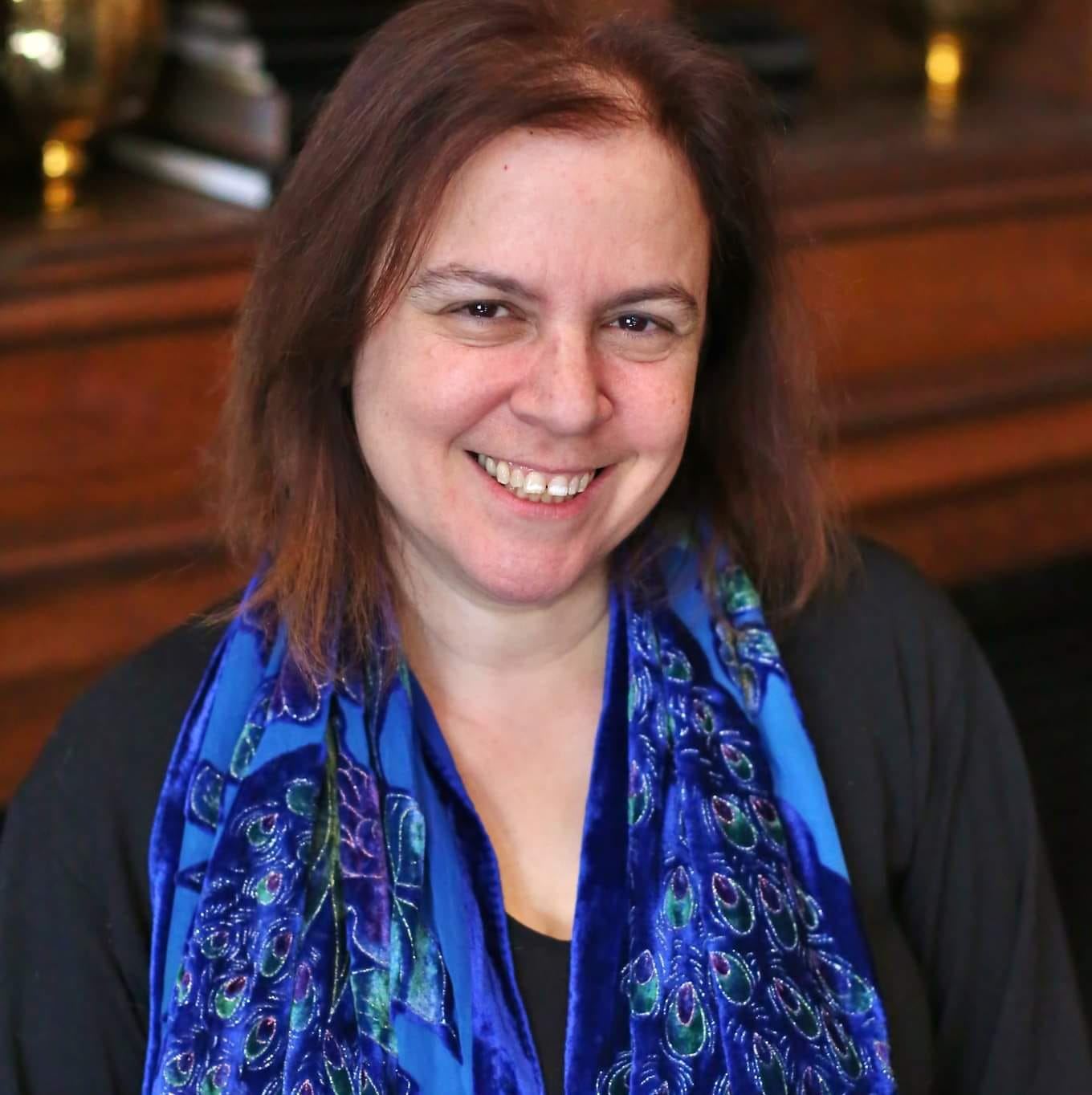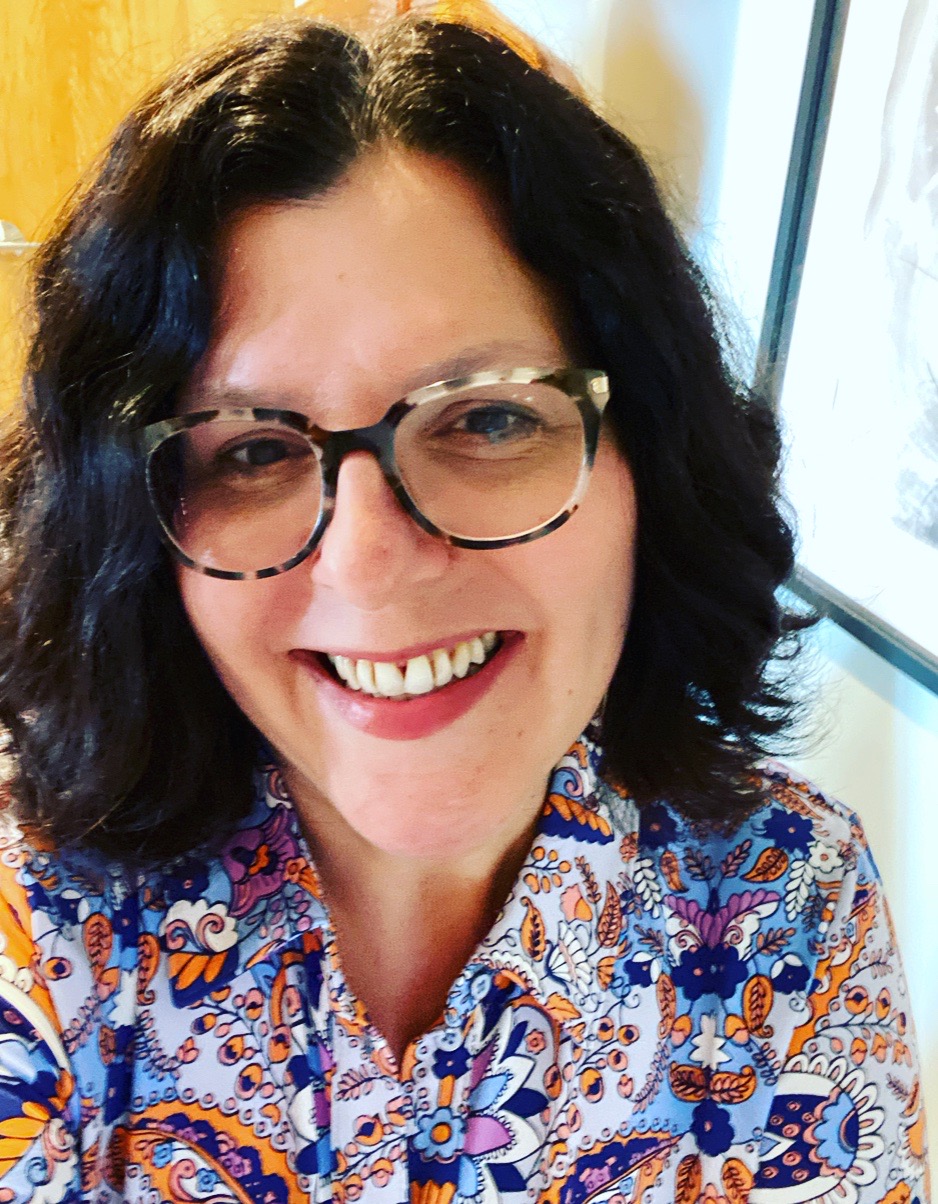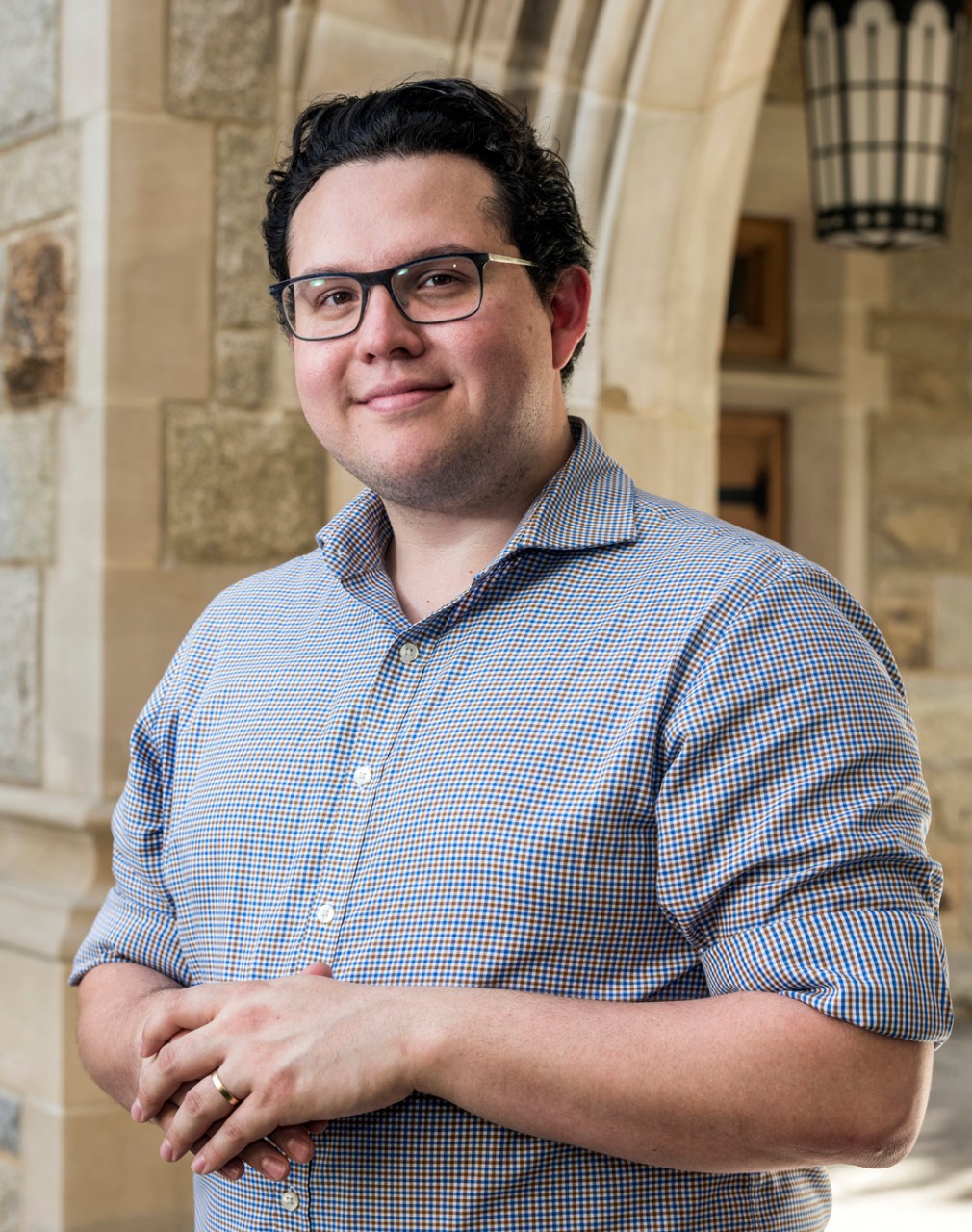By: Alice Ginsberg, Marybeth Gasman, and Andrés Castro Samayoa



Alice Ginsberg is a Senior Research Specialist in the Graduate School of Education at Rutgers University. Marybeth Gasman is the Samuel DeWitt Proctor Endowed Chair in Education and Distinguished Professor in the Department of Educational Psychology at Rutgers University. Andrés Castro Samayoa is an assistant professor in the Department of Educational Leadership and Higher Education at Boston College.
Together they are the authors of For the Love of Teaching: How Minority Serving Institutions Are Diversifying and Transforming the Profession.
Teaching in the United States remains a low paying and low status profession even though educational achievement is a prime factor in students’ future economic stability and mobility. According to the Department of Labor, the median income for men with a high school diploma is $945 a week; for men without a high school diploma, it drops to just $745. The median incomes for women with or without a high school diploma are even less. There is no question that teaching is a profession that relies on skilled and highly knowledgeable individuals who know how to motivate students to succeed academically, prevent high school dropout, and prepare students to go on to higher education. Teachers currently face many obstacles to these goals: unequal and underfunded schools, overcrowded classrooms, lack of support to meet the needs of children living in poverty, school violence, and lack of opportunities for professional development and promotion, to name a few. Why do teachers stay?
Research suggests that many people who choose teaching do so as an act of public service or because they love working with children. In some ways, the teacher candidates we met while researching our book For the Love of Teaching: How Minority Serving Institutions Are Diversifying and Transforming the Profession fell into this category. In the hundreds of interviews and focus groups we conducted, it was apparent that for teacher candidates at diverse Minority Serving Institutions (MSIs) across the country, love was indeed a strong motivating factor in their decision to pursue teaching. However, their love was something significantly more complicated and nuanced than simply the enjoyment of working with children.
For many of these teacher candidates of color, their own educational history was imbued with acts of discrimination and racism. Many were told all their lives that they were “stupid” or “slow” or didn’t “belong” in school; that they were destined to end up in menial, low-paying jobs; that their families did not value education; that they needed to be put in segregated “special education” classrooms because they did not speak English fluently; that they would never “catch up” to their White, more privileged peers; that the only role for people of color working in schools was that of a janitor or a disciplinarian; that there was “no money” for them to attend higher education; or that they were more likely to end up in prison than with an academic degree. Love was not something they often experienced in the classroom.
As a result, we found that teacher candidates at MSIs often chose teaching for one of two reasons. Either they were fortunate enough to have a role model or mentor in their own education, someone who believed in them and prevented them from failing, and they wanted to emulate that person; or, because they did not have anyone like that in their lives, they wanted to step up and be that person for academically vulnerable children like them. In short, these aspiring teachers had strong motivation to change inequitable educational systems and opportunities, and to address issues of social justice across and beyond the pK–12 landscape. After speaking with these teacher candidates, we could feel their love.
The question remained of what MSI teacher education programs were doing to help teacher candidates be successful, effective, culturally proficient, and yes, loving, classroom leaders. We were able to identify several ways that MSI teacher education programs were building on best practices and positioning themselves as innovators in the field. These included: the use of cohort models that provided candidates with support and an expansive opportunity to share and reflect on what they were learning; integrating culturally relevant pedagogy across the curriculum; hiring teacher education faculty that had firsthand knowledge of K–12 teaching and were committed to working closely with local schools; finding new ways of bridging theory with practice by increasing the amount of time candidates spent training in multicultural classrooms; and forging strong relationships with the local community, allowing candidates to learn more about their students’ lives and cultural traditions. In our book, we provide concrete examples of how these new models of teacher education were designed and delivered, as well as the impact they had from the perspective of both teacher educators and candidates.
While MSIs are not the only institutions that are experimenting with traditional teacher education programs and formulas, they do provide us with a call to action that has the potential to transform the teaching profession.
Among our findings and recommendations, we strongly believe that we need to integrate issues of culture and equity across all of teacher education coursework and practice—it cannot be seen as an add-on or specialty. We also suggest that it is important for teacher candidates to have consistent opportunities to reflect on their own education and cultural experiences as a gateway to becoming empathic, caring, and culturally proactive teachers. Last, but not least, we emphasize that “loving” children—especially children who are underachieving due to lack of resources, opportunity, implicit bias, or downright racism—is more than just being kind to them. Loving teachers believe that their students are fully capable and worthy of success. As one teacher candidate we interviewed reflected on her experience in a teacher education program at an MSI,
This program not only taught us to be professionals but also taught us to be humble and kind and remember our roots always so that we can help others who are like us and to not forget where we come from because we have the power to help so many people. And then we can help them so that they can help others too.
Photo by fauxels
